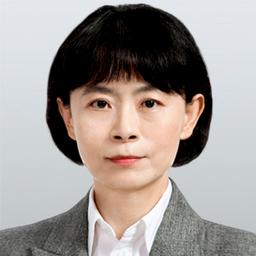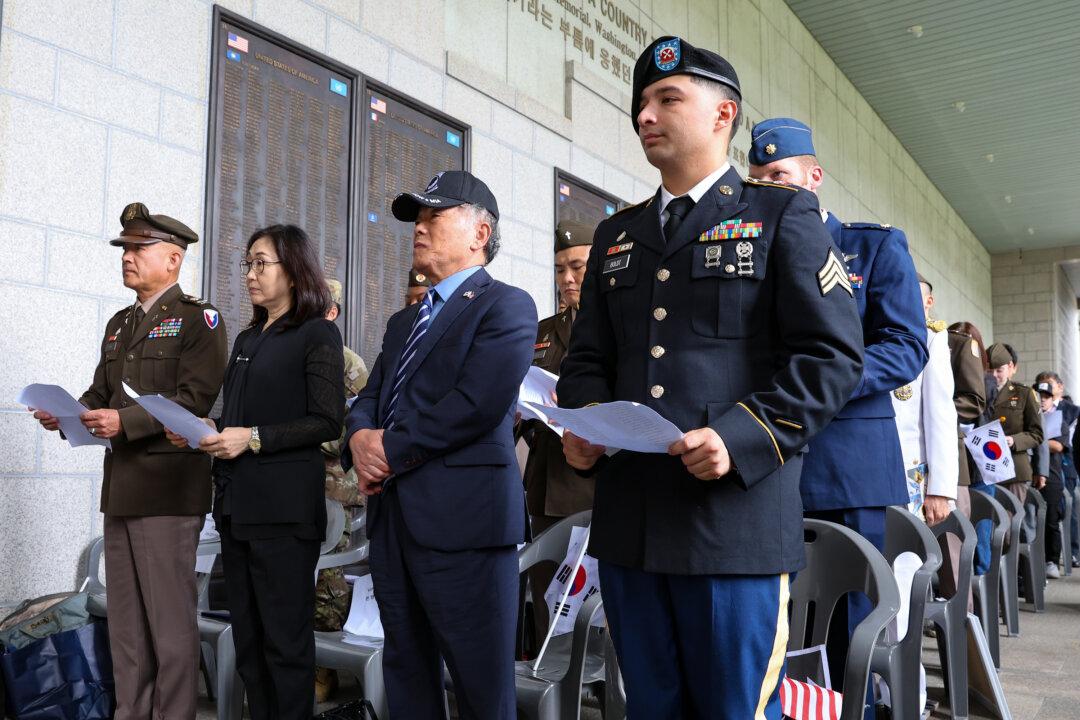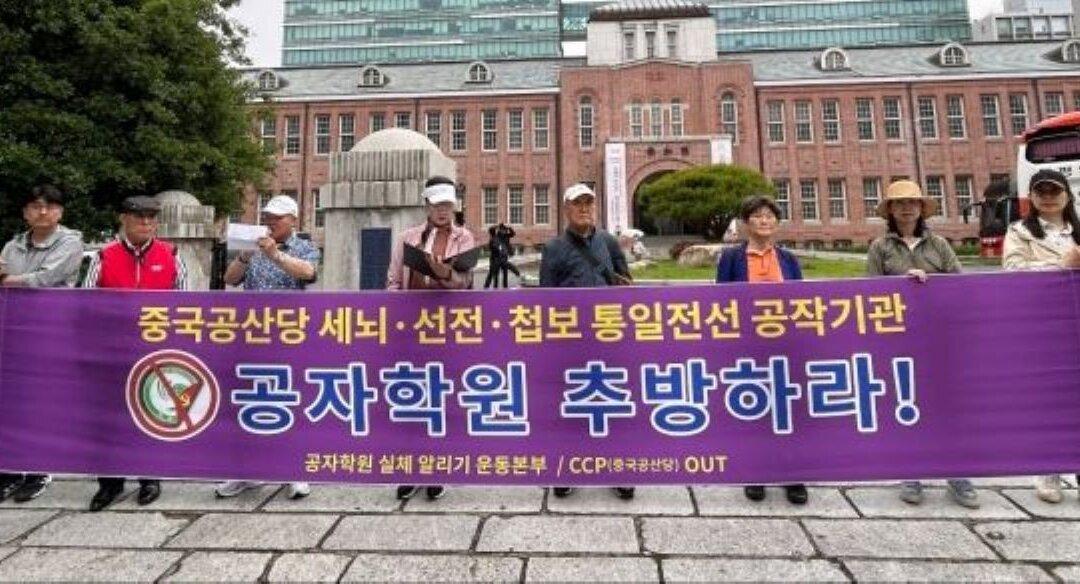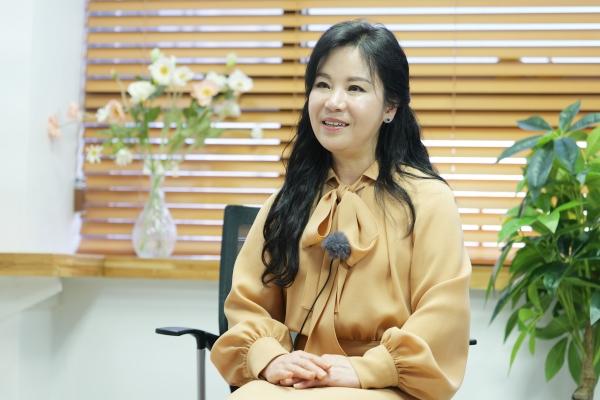Chang Seok-yong, president of the Committee of Korean Arts Critics, said he read Falun Gong founder Li Hongzhi’s article “How Humankind Came to Be” and felt that it was “great advice from an elder, and I think it’s a lesson that all human beings should accept.”
Mr. Chang, a poet, dance and film critic, has been called “the best cultural and art critic of this era” by those in the cultural and arts communities. He has served as president of the Korean Film Critics Association, the Korea Branch of the International Federation of Film Critics, and the Korean Screenwriters Guild. He has received awards for Performing Art & Film Review Criticism, Artist of the Year, Minister of Education and Human Resources, Korea Culture and Arts, Dance Criticism, and the first Le Monde Film Criticism.
Stay Good and Kind to Be Blessed
Mr. Chang especially liked the passage: “So no matter whether you are rich or poor in life, you should be sure to do good, refrain from doing bad things, stay good and kind, be spiritual and devout, and be happy to help others. And by doing so you will build up blessings and virtue, and reap their rewards in the next life” because, he said, “it is the kind of faith and behavior that brings peace to the world.”“‘God’ is the one God in Christianity, and ‘God’ is also a general name for all the gods in heaven,” he said. “Mr. Li’s writing suggests that we can accumulate blessings by doing good and not doing bad things while thinking of God all the time, and that blessings can be a light that illuminates the surroundings, including the well-being of one’s children, and have a kind influence, a good influence.”
“Our life does not end even when this life ends, but the life is a world where we are born when we come down from heaven, and live for a while,” Mr. Chang continued, “and even if it is difficult to live, if we do a lot of good things, we can be born in the next life and live happily.”
‘People Were Good but They Got Greedy and Became Bad’
“I believe in the principle of good nature (the theory of Mencius, an ancient Chinese philosopher, that human nature is inherently good),” Mr. Chang said. “In the beginning, people were good, and then they got greedy and became bad.”“You can see people fighting each other to satisfy their greed, going against the grain, doing bad things, and in the end ruining themselves,” he said, adding that he is concerned about the “proliferation of such feelings of killing, stealing, and taking, even from generation to generation.”
“Teacher Li said that the universe goes through four stages of formation, stasis, degeneration, and destruction, and when the final point of the destruction stage is reached, everything is dissolved and extinguished,” Mr. Chang said, “I also agree with the implication that if humans do bad things, God will destruct them.”
Importance of Traditional Values
Mr. Chang, who has always been interested in traditional religions, said: “Mr. Li’s writing emphasizes the importance of tradition and truth. I found it familiar because it doesn’t seem too different from traditional Eastern ideas such as Buddhism and Taoism.”“I think there are many similarities with the traditional religions of our ancestors and the wisdom passed down from the past,” he said, adding that it reminded him of what his grandparents used to tell him.
“For example, they used to tell us how to live, come early, don’t do bad things, don’t drink to get drunk because you might make mistakes, but we forgot all that,” Mr. Chang said. “People who remember and follow tradition will accept his writing as a trans-regional idea, whether in the East or the West,” he said.
‘I Hope His Article Will be Widely Spread and Read’
“I hope his article will be widely spread and read,” said Mr. Chang. “After reading it, people will be reminded of the importance of traditional values such as filial piety and feel grateful to God.”“Especially older adults will be able to relate to it,” he added, “and I would also recommend it to people who are full of mistrust toward other religions.”
Mr. Chang also expressed his desire to introduce the article to young people. “As we grow up, we gradually lose our childhood innocence, and in our social life in groups such as schools, the military, and the workplace, we sometimes have to do bad things because of the situation we are in or the eyes of others,” he said. “Nowadays, people dislike being disturbed, so we can’t force them, but I think it would be good to provide his article in a format that young people can easily access, such as cartoons or essays.”
“We are born with the mission to do good deeds, so we should build up our good deeds,” said Mr. Chang, stressing that those who have forgotten their original good nature should return to it and do good deeds.





